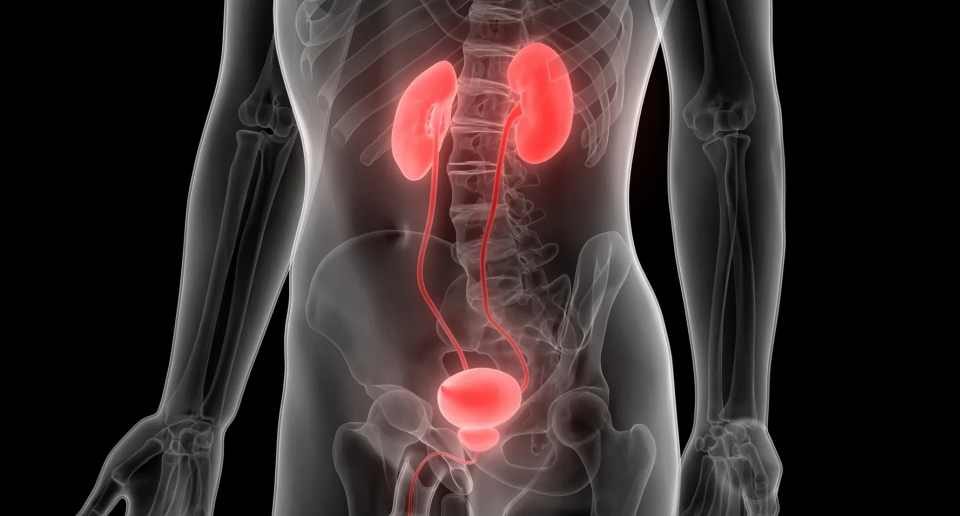Israeli healthtech startup Vensica Therapeutics develops a needleless treatment for overactive bladder for people suffering from bladder conditions; closes $16M in funding

In 2019, an estimated 80,500 cases of bladder cancer were diagnosed in the United States, representing 4.6% of all cancer diagnoses (greater than the global average), according to a report from NIH. This makes bladder cancer the sixth most common cancer diagnosis in the US. In many cases, doctors remove tumors from the bladder.
Currently, after surgical removal of tumors found in the bladder, a drug is instilled into the bladder via a catheter. This treatment method is inefficient and ineffective: Urinary bladder cancer has the highest recurrence rates among all types of cancer (70%). Now, one startup has developed a way to make this quick and pain-free.
Enter Vensica Therapeutics, an Israeli clinical-stage biopharmaceutical startup company that has developed a device for needleless treatment of overactive bladder for people suffering from bladder-related conditions or diseases. Using Vensica’s device, the drug will be instilled in a quick, pain-free procedure subsequent to the delivery of ultrasound to the urinary bladder.
Today, Vensica announced that it has closed a $16 million investment to support the clinical/regulatory development of its urology treatment platform and also support phase II multicenter clinical trials in Europe and the USA.
The round was led by Israel Biotech Fund (“IBF”), a venture fund investing in Israeli and Israeli-related biotechnology and pharmaceutical companies. Other backers include Laborie, a global urology device company, Lew Pell, an experienced medical device investor, Agriline, and The Trendlines Group, an investor in innovation-based medical and agricultural technologies.
Founded in 2015, Vensica develops an ultrasound-based catheter for improved drug delivery to the bladder. The startup is developing a unique platform for drug delivery for several urinary bladder indications, based on a proprietary ultrasound-assisted drug delivery system. Vensica was founded by Avner Geva, (Yale, B.Sc, Technion, M.Sc) and is led and backed by medical and therapeutics leaders, including Chairman M.D., Ph.D, Nissim Darvish, Lew Pell, Laborie, Merz Pharmaceuticals, The Trendlines Group, and The Israel Innovation Authority.
Vensica’s needle-free platform for drug delivery will be utilized for botulinum toxin type A delivery into the urinary bladder for the treatment of different urological indications including overactive bladder, neurogenic bladder, and interstitial cystitis. Today’s gold standard treatment requires needle injections of the neurotoxin into the bladder wall.
The platform is expected to enable a far superior patient experience, to resolve many needle-associated issues, including pain, urinary retention, and to make a generally more complicated procedure easier. Vensica’s platform is also anticipated to facilitate a more efficacious treatment through a more uniform delivery of the neurotoxin to the bladder wall.
Vensica CEO Avner Geva, commented, “Closing this investment round is an exceptional step for Vensica. Together with our partner and shareholder, Merz Therapeutics, and with the necessary funding, we are poised to plan and complete clinical and regulatory processes that will enable us to bring the innovative and less invasive treatment of bladder diseases to the market.”
Vensica Chair, Nissim Darvish, M.D., Ph.D., added, “It is our pleasure to welcome and thank our new investors, IBF and Agriline, joining our longstanding supporters Laborie, Lew Pell and The Trendlines Group. Vensica’s team will work hard to get this solution to patients worldwide suffering from the overactive bladder as well as other urinary bladder indications.”
IBF’s Co-Founder and Managing Partner, Ido Zairi, commented, “IBF is happy to join Vensica in this journey which may be life-changing for many people suffering from bladder-related conditions or diseases. We look forward to seeing Vensica’s unique needle-free platform embedded as a method of treatment for overactive bladder and other indications.”

